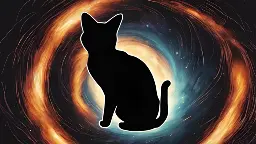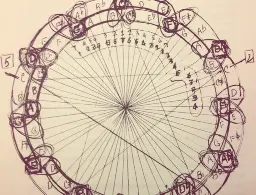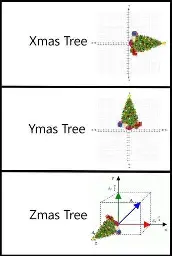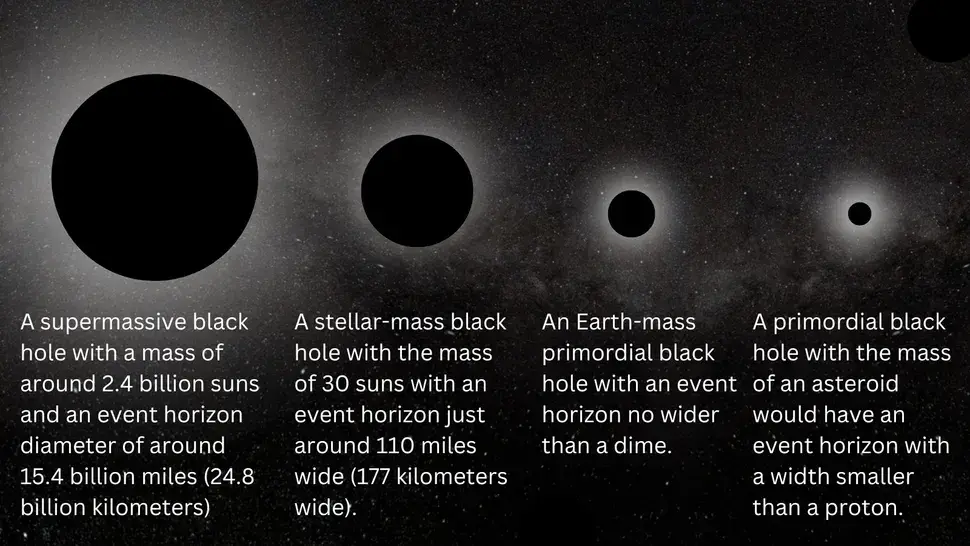
science bs
- Octopus Arms Are Controlled by a Nervous System That's Like No Otherwww.sciencealert.com Octopus Arms Are Controlled by a Nervous System That's Like No Other
Octopuses tend to keep secrets, but we've just learnt how they achieve their extraordinary dexterity.

- Black hole myth busted: they don't suck anything inbigthink.com Black hole myth busted: they don't suck anything in
Many of us look at black holes as cosmic vacuum cleaners: sucking in everything in their vicinity. But it turns out they don't suck at all.

- Mars is bigger and brighter this weekend than it will be all year. Here's how to see itwww.space.com Mars is bigger and brighter this weekend than it will be all year. Here's how to see it
Mars will make its closest approach to Earth this weekend while rising to its highest point in the night sky.

- How to Watch the Spectacular Quadrantids Meteor Shower Tonightwww.wired.com How to Watch the Spectacular Quadrantids Meteor Shower Tonight
The first meteor shower of the year peaks on the night of January 2–3. Here’s everything you need to know to watch it and the many other showers that will appear in 2025.

if you can see any
- Astrophysicists confirm first-ever detection of cosmic stringswww.thebrighterside.news Astrophysicists confirm first-ever detection of cosmic strings
Cosmic strings were first theorized in the mid-1970s as a possible outcome of symmetry-breaking processes in the early universe.

- Nasa's Parker Solar Probe attempts closest ever approach to Sunwww.bbc.com Nasa's Parker Solar Probe attempts closest ever approach to Sun
The hope is the probe could help us to better understand how the Sun works.
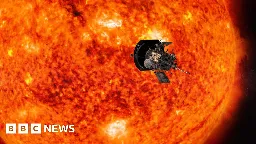
https://mstdn.social/@stux/113716774152379908
- MIT’s top research stories of 2024news.mit.edu MIT’s top research stories of 2024
MIT’s top research stories of 2024 included news on tamper-proof ID tags, sound-suppressing silk, and a potential cure for autoimmune-induced hair loss.

- NASA's Hubble Celebrates Decade of Tracking Outer Planets - NASA Sciencescience.nasa.gov NASA's Hubble Celebrates Decade of Tracking Outer Planets - NASA Science
Encountering Neptune in 1989, NASA’s Voyager mission completed humankind’s first close-up exploration of the four giant outer planets of our solar system. Collectively, since their launch in 1977, the twin Voyager 1 and Voyager 2 spacecraft discovered that Jupiter, Saturn, Uranus, and Neptune were f...

- Maverick Medical AI Announces Completion of The Implementation of Its Real-Time Autonomous Medical Coding Solution at RadNetwww.businesswire.com Maverick Medical AI Announces Completion of The Implementation of Its Real-Time Autonomous Medical Coding Solution at RadNet
Maverick Medical AI Announces Completion of The Implementation of Its Real-Time Autonomous Medical Coding Solution at RadNet
- Are planet-killing black holes hiding inside your cat?www.space.com Are planet-killing black holes hiding inside your cat?
"We have to think outside of the box because what has been done to find primordial black holes previously hasn't worked."
